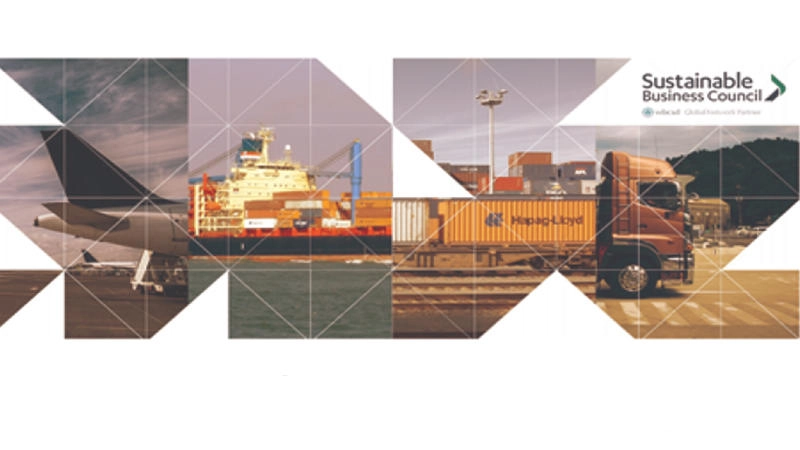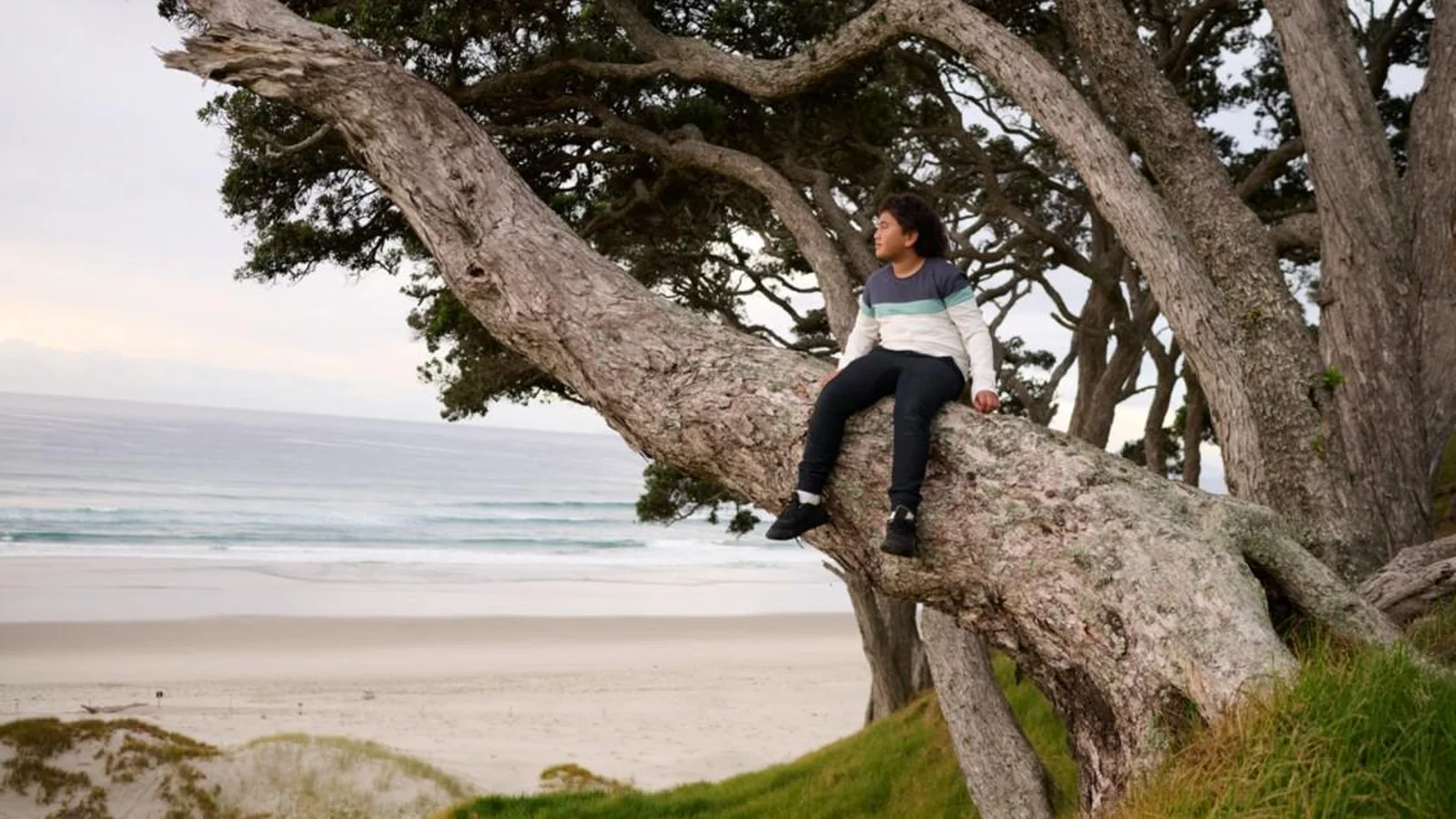Wellington, 5 June 2024: Systemic inequality, modern slavery, cost of living, mental wellbeing. We’re living through a time where the veil is being lifted on many of these longstanding societal issues, and as a result, WBCSD’s Global Network partner the Sustainable Business Council of New Zealand (SBC) and its members are recognizing how critical it is to uplift the ‘S’ in Environment, Social and Governance (ESG).
In October 2023, SBC commissioned a report to establish the basis for defining social sustainability using the principles of te ao Māori (the Māori worldview) and explore the social sustainability landscape within Aotearoa New Zealand’s business community through interviews with SBC member organizations.
The findings showed that business lacks a clear shared definition of social sustainability, as well as clear enough regulations and expectations around it – this, combined with the breadth of issues that fall under the umbrella of the ‘S’, creates a hesitancy to act without knowing how or where to get started.
In response to these insights gained from SBC members, the report made several recommendations for SBC and our wider membership, including putting particular focus on three areas of the social sustainability space:
- Building excellence by leveraging the existing strengths of employment practices
- Establishing a new front of collective action for community investment
- Establishing a new front of collective action for supply chain due diligence
Since then, SBC has been working closely with members and key stakeholders to activate these recommendations, build momentum through a community of practice, and scale impact.
Across each of these areas, SBC has established working groups within its membership to develop shared aspirations and action plans, hosted online thought leadership and knowledge sharing events to foster connection and share practical tools from the flagship report (including a maturity self-assessment tool), and worked with members at the leading edge of social sustainability to develop case studies showcasing their good practice.
Below are examples of SBC member leadership across each of the key recommendation areas.
Chorus: Putting inclusion and diversity at the heart of good business
SBC member Chorus, New Zealand’s largest telecommunications utility, has done significant work in the last few years to create a fair, inclusive and equitable culture where differences are strengths, where there’s connection around shared values, and where everyone has the opportunity to thrive.
In this case study, Chorus outlines how it identified the challenge and developed a Diversity, Equity and Inclusion (DEI) Strategy, which ties in with its sustainability strategy. Since implementing the new strategy, DEI has gone from being a ‘nice to have’ to being a key priority to consider in decision-making at all levels of the business.
Fonterra: Doing Good Together through community investment and impact
Fonterra is a dairy co-operative owned by thousands of New Zealand dairy farmers and their families. Being a purpose-led organization with a presence across the globe, Fonterra recognizes its responsibility to give back to the communities within which it operates. Through its philosophy of ‘Doing Good Together’, Fonterra is investing in initiatives that care for people, the environment and the long-term sustainability of regional New Zealand in particular.
In this case study, Fonterra outlines how and why it created its ‘Doing Good Together’ framework, which has helped focus its efforts where it can have the greatest community impact.
The Warehouse Group: Tackling the challenge of ethical sourcing
The Warehouse Group (TWG) is New Zealand’s largest general merchandise retailer, aiming to help Kiwis live better every day. With 260+ retail stores across the motu, and thousands of products in each store, TWG’s supply chain is vast and as complex as you might imagine – but that hasn’t stopped its Ethical Sourcing team from working on the integrity of the supply chain.
In this case study, TWG shares how it went about developing its extensive (and long-lived) Ethical Sourcing Policy. The ten policy pillars form the basis of its supply chain due diligence assessments when bringing on new manufacturing sites, as well as its ongoing audits to ensure suppliers continue to operate ethically.
Over the next Financial Year, SBC will continue to work with its members to grow the maturity of the ‘S’ in ESG in Aotearoa New Zealand and activate the recommendations set out by the report. To learn more about the upcoming work in the Thriving People program, visit the SBC website.
Outline
Related
Content

New Zealand: Industry leaders partner to reduce freight emissions
16 April, 2021

‘ESG Spain 2021 – Corporate Sustainability Forum’ by Forética presents the keys to accelerate business transformation that fosters a sustainable, green and inclusive recovery
1 October, 2021

Accountants creating long-term value through ESG
9 February, 2021

